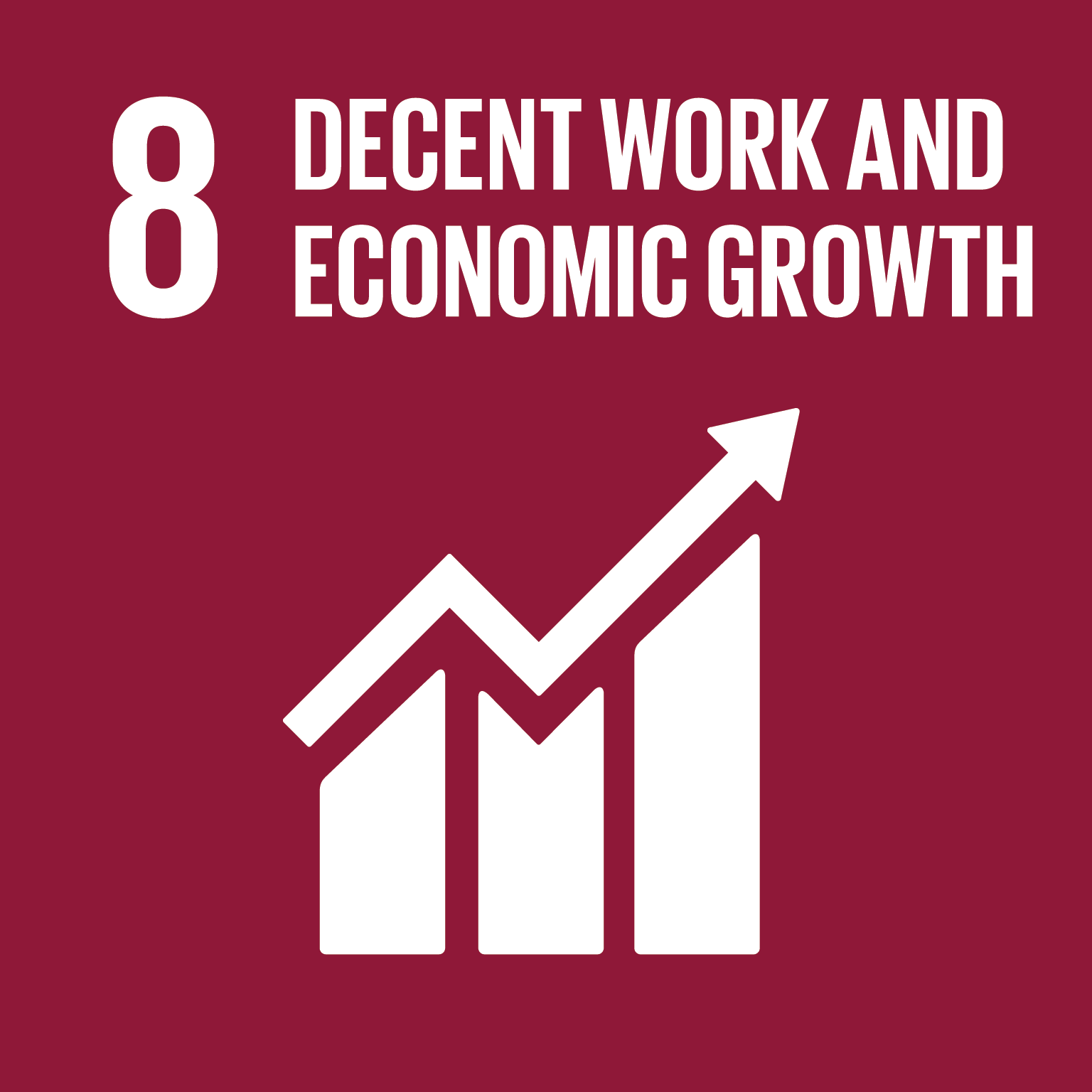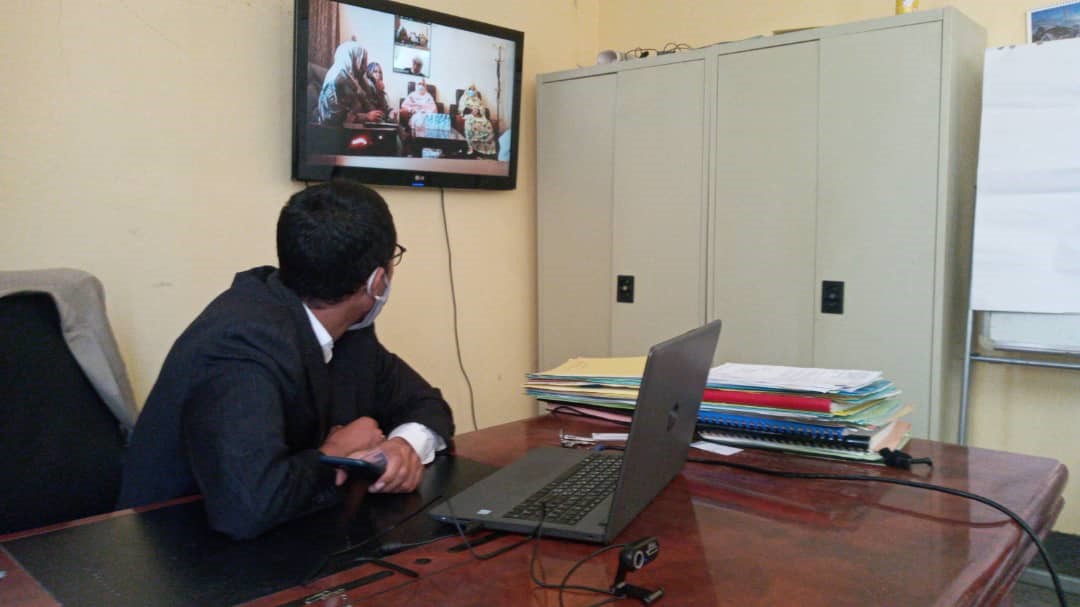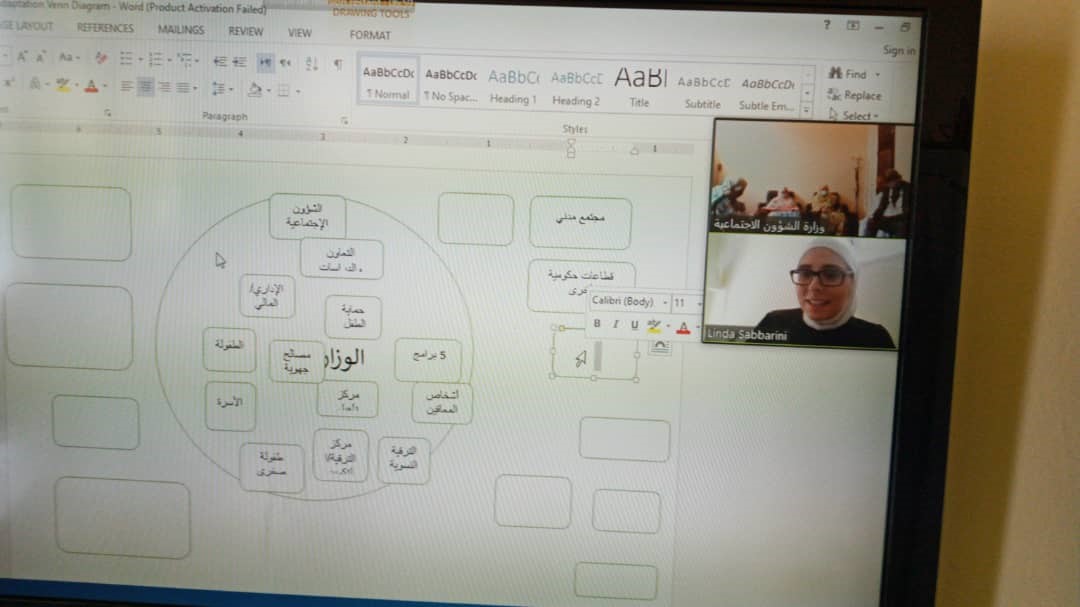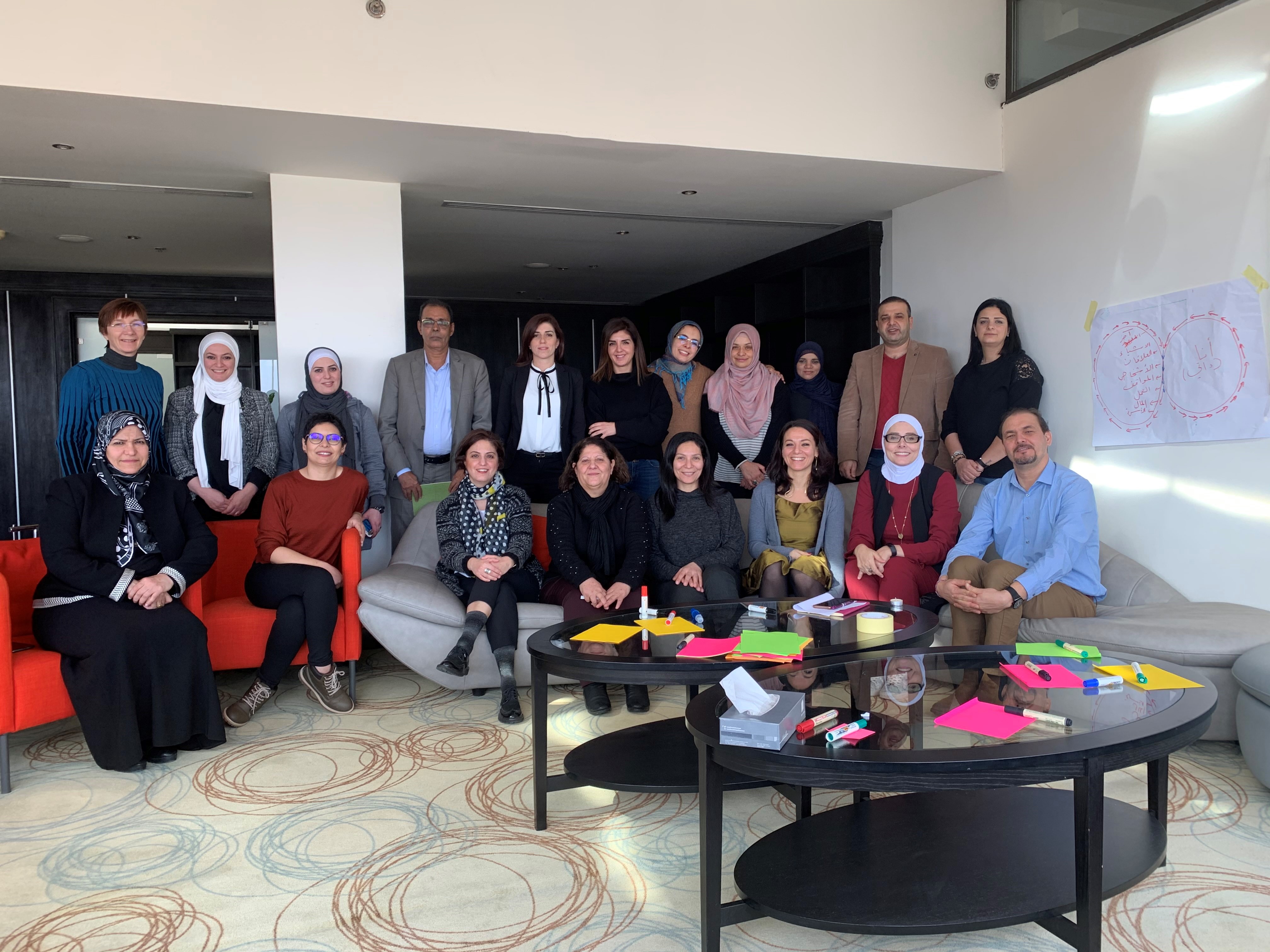Action Plan on Gender Equality and the Empowerment of Women at the National Level in the Arab Region
Mainstreaming gender action within national institutions in the Arab region
Challenges
The Beijing Declaration and Platform for Action outlined the need for National Women’s Machineries (NWMs) to ensure the ‘mainstreaming’ (bringing into public debate as a priority issue) of gender equality and the empowerment of women in government institutions, policies and programmes. Since then, the number and scope of NWMs has grown exponentially, including in the Arab region. However, despite their near ubiquitous presence, NWMs in the region have faced unique and trying challenges since the Arab uprisings of 2010/2011. As well as the usual constraints faced by such institutions, such as weak internal institutional structures, limited human and financial resources and cultural and societal resistance, NWMs in the Arab region must contend with contexts in which conflict, occupation, political upheaval and severe humanitarian crises have become the norm.
Towards a Solution
The United Nations Economic and Social Commission for Western Asia (ESCWA) is leading an initiative to implement an “Action Plan on Gender Equality and the Empowerment of Women at the National Level in the Arab Region”. The objective of the initiative is to accelerate achievement of Sustainable Development Goal (SDG) 5 (Gender Equality), by providing NWMs with a concrete Action Plan to bring gender equality and women’s empowerment (GEWE) into a prominent position in their own internal procedures and those of government and other institutions. It also contributes to the Istanbul Programme of Action (IPoA) Priority Areas 5 (Human and Social Development), 7 (Mobilizing financial resources for development and capacity-building) and 8 (Good governance at all levels).
In consultation with NWMs in the Arab region, in 2016 ESCWA developed a tailored accountability framework comprising 15 performance indicators. To support the implementation of the Action Plan within as many institutions as possible and to ensure its sustainability, ESCWA carried out the following actions:
- Development of the necessary knowledge products to support reporting and monitoring;
- Putting together a pool of experts in facilitating women’s participation from NWMs in the region, following International Labour Organization (ILO) methodology;
- Building needed national capacity through tailored programmes and technical assistance missions to advance the achievements of the indicators and required reporting processes;
- Establishment of an online platform to facilitate proper reporting and monitoring.
ESCWA has successfully implemented the Action Plan, with proven initial results, in the Ministry of Social Affairs, Childhood and the Family of Mauritania. The Action Plan was rolled out through an institutional gender audit and an organization-wide capacity-building programme supported by Jordanian and Moroccan NWMs, which yielded immediate results and confirmed the relevance of the initiative. A ministerial budget increase was approved for promoting gender equality and mainstreaming in Mauritania’s NWMs annual budget for 2021. Increase in institutional capacities and budget is a key driver to acceleration in the implementation of SDG 5 at the national level, and this positive change is a major policy influence that is attributable to this initiative and ensures its sustainability.
The initiative aims to build the capacities of NWMs as a first step, so that they can then implement the Action Plan in other national institutions, expanding the scope of the potential change considerably. This scalable approach is thought to be the most appropriate and practical way of achieving the ultimate goal of gender equality in the region. It is also expected to contribute to the sustainability and facilitate the replicability of the initiative over time, and to its expansion to as many national institutions as are interested.
The COVID-19 pandemic provided an opportunity to pilot the implementation of a gender audit online in addition to a capacity-building programme. This was a successful experience that provided lessons for future audits in large national institutions, particularly as funds are likely to be curtailed with the financial crisis resulting from the pandemic. It demonstrated the feasibility of online audits relying on expertise and experience from different countries and provided insights into how to conduct them with high quality and reduced budgets.
Contact Information
Ms. Rouba Arja, Social Affairs Officer, United Nations Economic and Social Commission for Western Asia (ESCWA)
Countries involved
Jordan, Mauritania, Morocco
Nominated By
No Organization
Supported By
UN Women; International Labour Organization (ILO)
Implementing Entities
United Nations Economic and Social Commission for Western Asia (ESCWA)
Project Status
Completed
Project Period
2016 - 2016
Sectors
Gender Equality and Empowerment of Women
Primary SDG
05 - Gender Equality
Secondary SDGs
05 - Gender Equality
Primary SDG Targets
5.1 5.2 5.3 5.4 5.5 5.6 5.a 5.b 5.cSimilar Solutions









